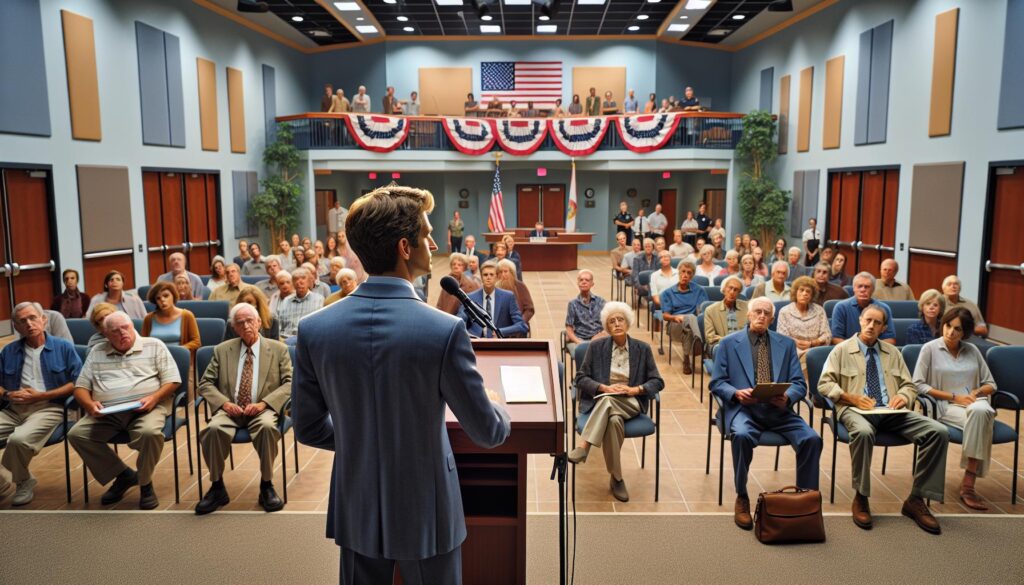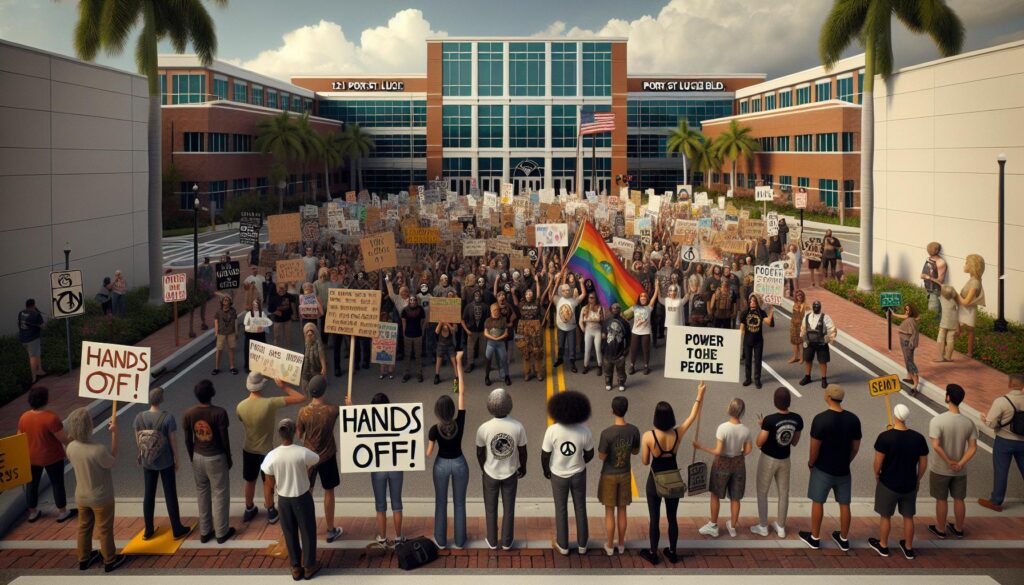South Florida Foreclosures Among Highest in the Nation, Report Says
According to a recent report, South Florida has one of the highest foreclosure rates in the United States. This alarming trend has raised concerns among homeowners, real estate investors, and economic analysts alike. In this blog post, we’ll delve into the reasons behind this high foreclosure rate and what it means for the South Florida housing market.
Understanding Foreclosure Rates in South Florida
Foreclosure occurs when a homeowner defaults on their mortgage payments, leading the lender to repossess the property. The latest report indicates that South Florida has seen a significant increase in foreclosures over the past year. Several factors contribute to this phenomenon:
- High property values and mortgage rates
- Economic instability and job losses
- Natural disasters impacting property value and insurance costs
- The COVID-19 pandemic’s lingering effects on the economy
Impact on the Local Housing Market
The high rate of foreclosures in South Florida is not just a statistic; it has real repercussions on the local housing market. Here are some of the potential impacts:
Decrease in Property Values: An influx of foreclosed homes can drive down property values in the surrounding area. This has a ripple effect, making it harder for existing homeowners to sell their properties at a profit.
Increased Rental Demand: As more people lose their homes, the demand for rental properties increases. While this might be beneficial for landlords, it also means higher rent prices, making it difficult for many to afford housing.
Economic Strain: Foreclosures can have a broader economic impact, affecting local businesses and tax revenue. Communities with high foreclosure rates often see decreased spending in local shops and reduced funding for public services.
Measures to Curb Foreclosures
To address the high foreclosure rates, several measures can be taken:
- Government Interventions: Local and federal governments can implement policies to provide relief to homeowners, such as mortgage forbearance programs and financial assistance.
- Financial Education: Providing resources and education to homeowners about managing mortgages and recognizing early signs of financial trouble can help in preventing foreclosures.
- Community Support: Community organizations can offer support services, including legal advice and counseling, to those facing the risk of foreclosure.
What Homeowners Can Do
If you are a homeowner in South Florida, there are steps you can take to mitigate the risk of foreclosure:
- Communicate with Your Lender: Open a dialogue with your mortgage lender if you anticipate difficulty in making payments. They may offer options such as loan modifications or repayment plans.
- Seek Professional Advice: Consult financial advisors or housing counselors who can provide guidance tailored to your situation.
- Budget Wisely: Maintain a strict budget to ensure that mortgage payments remain a priority. Cut down on non-essential expenses to free up funds for your mortgage.
The Future of South Florida’s Housing Market
While the current foreclosure rate in South Florida is concerning, it is important to look towards the future with a proactive mindset. By understanding the underlying factors and taking appropriate measures, it is possible to stabilize the housing market and protect against further economic fallout. Communities, lenders, and governments must work together to ensure that homeowners receive the support they need during these challenging times.
As we move forward, staying informed about the trends and policies affecting the housing market will be crucial. For further updates and insights, stay tuned to our blog for the latest news and expert opinions on South Florida’s foreclosure rates and housing market dynamics.































